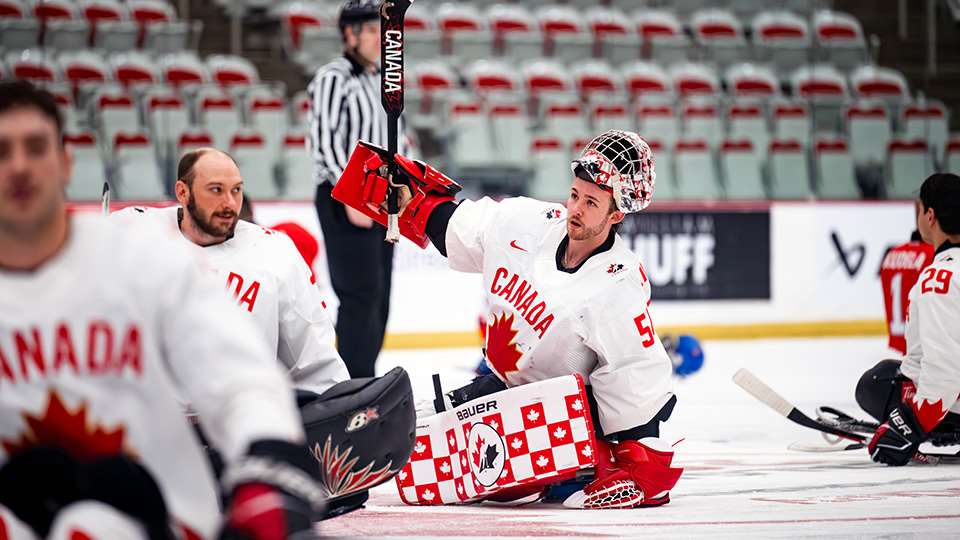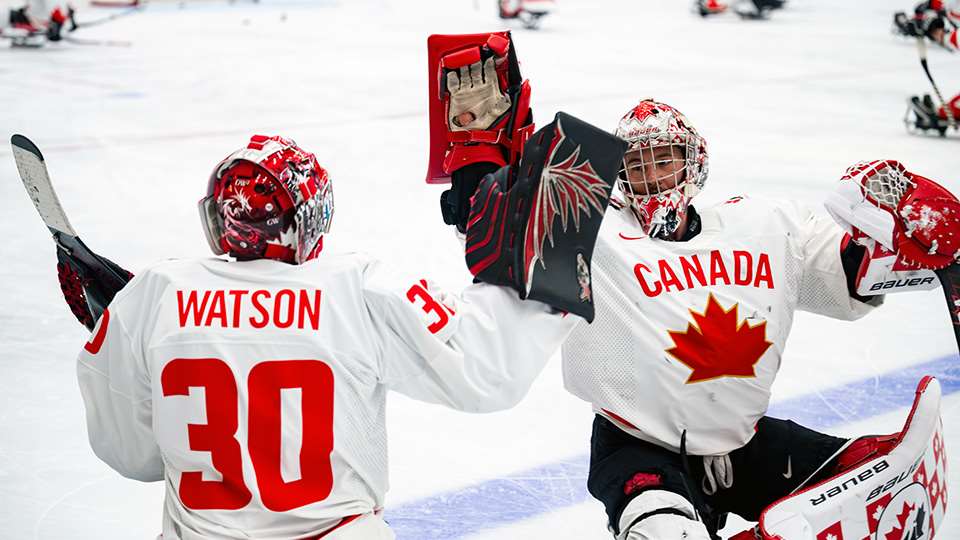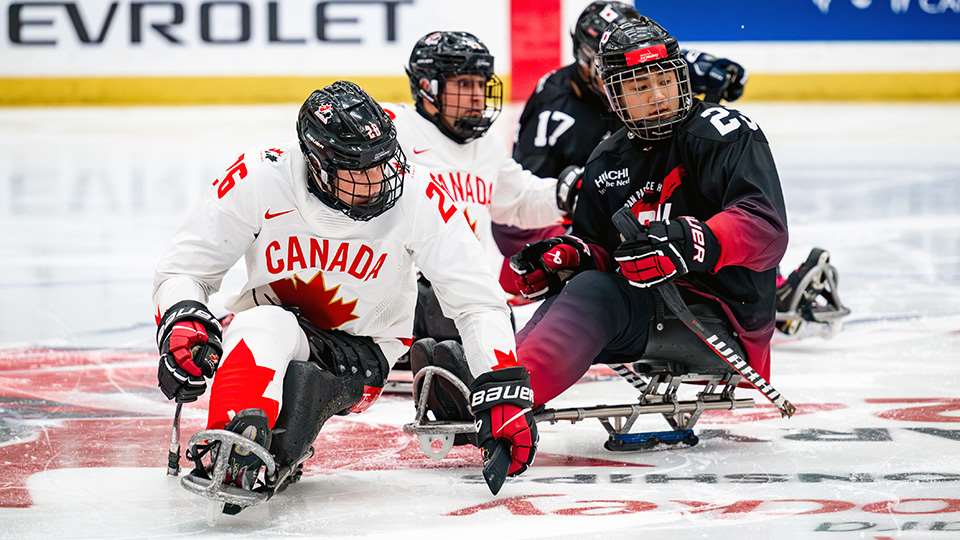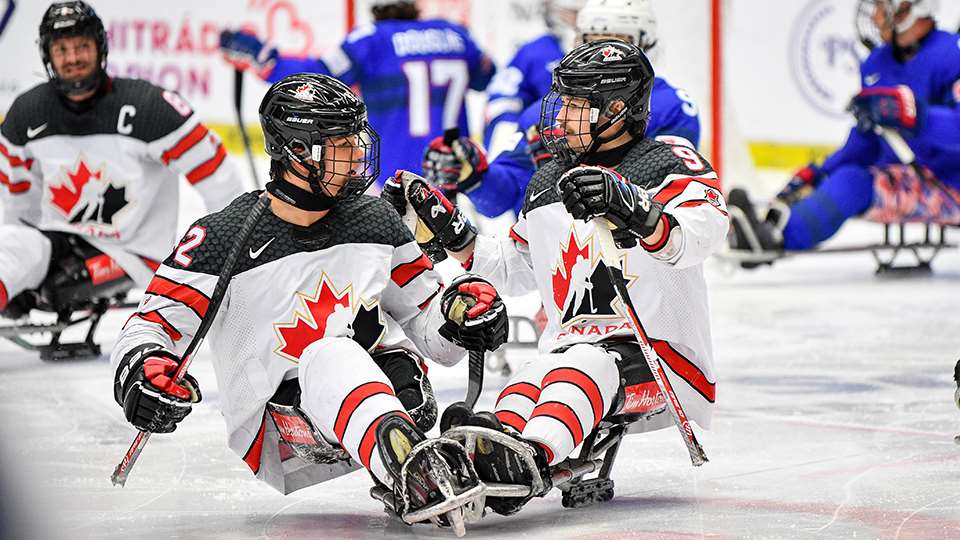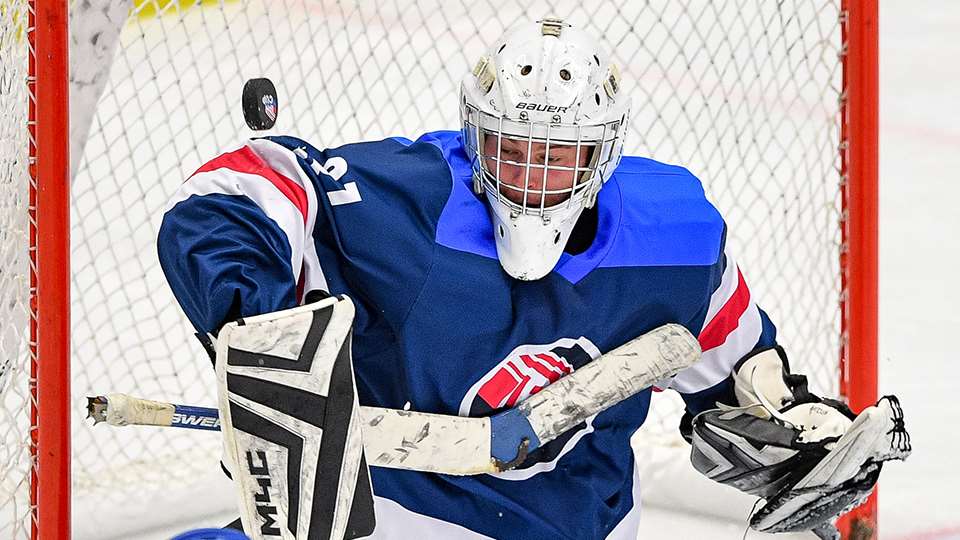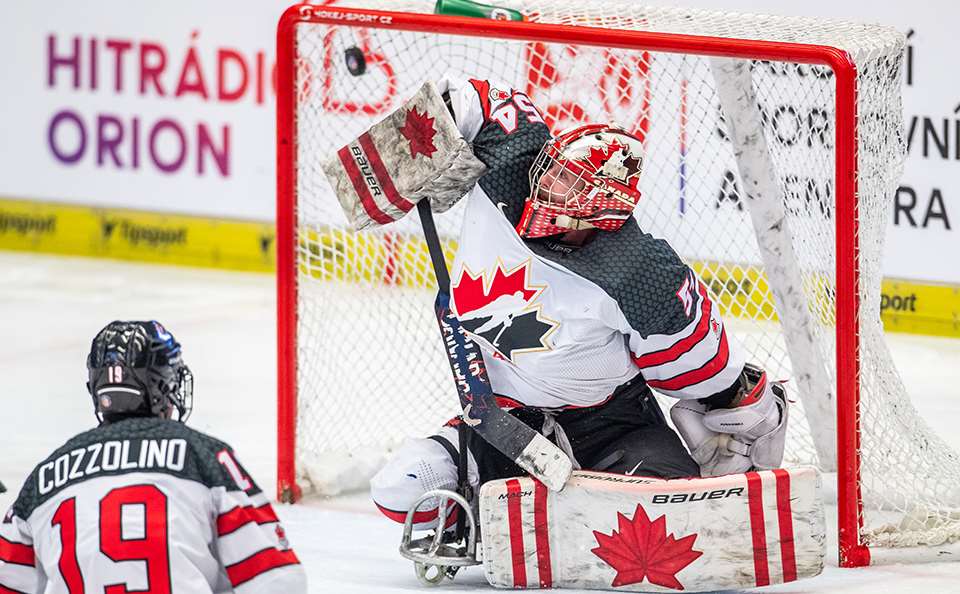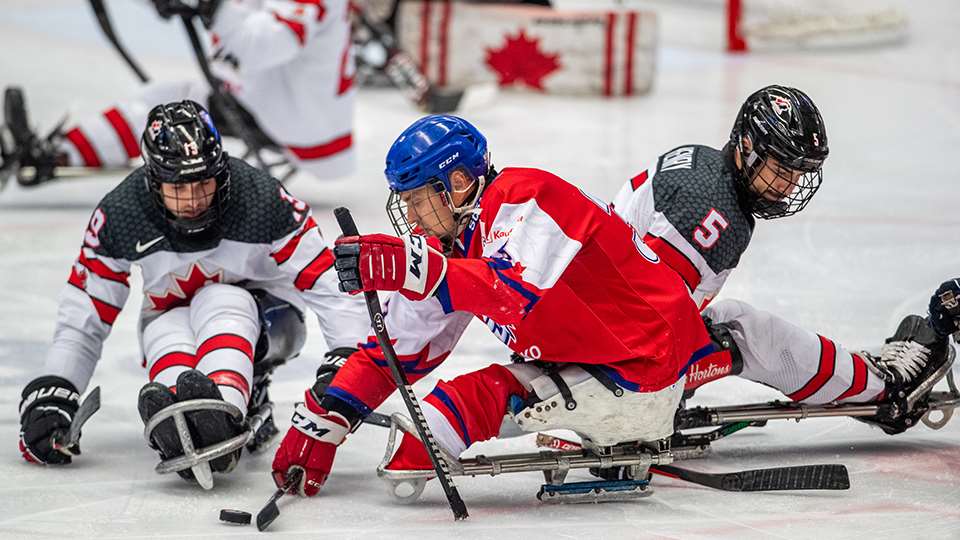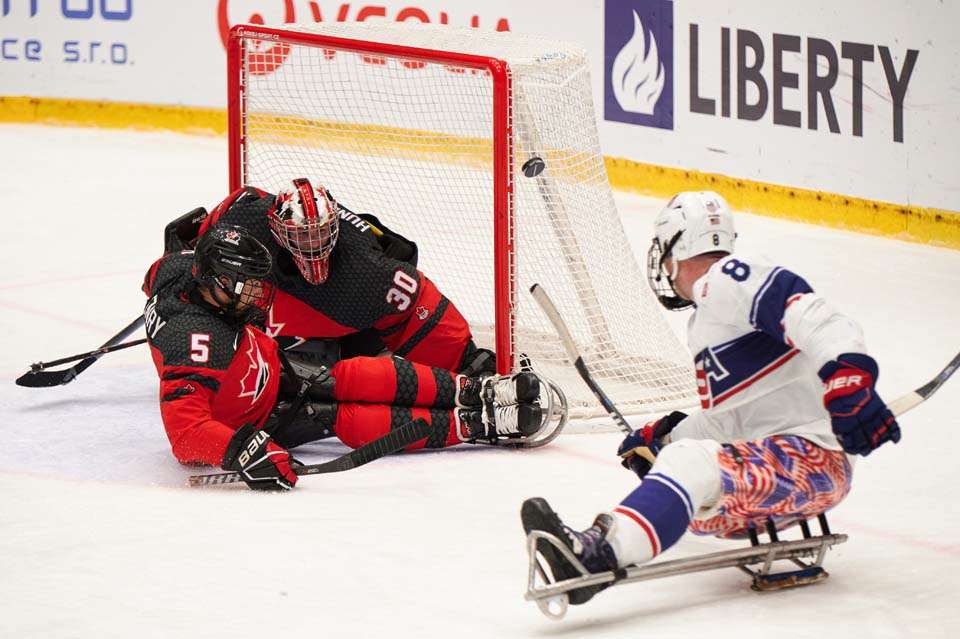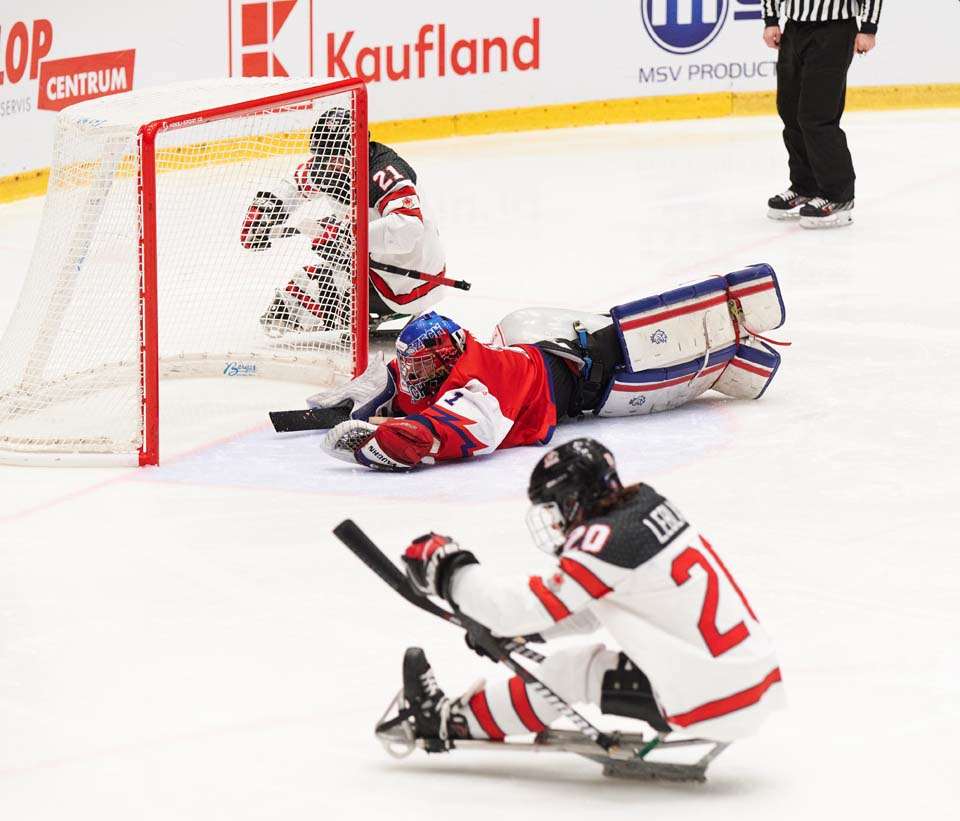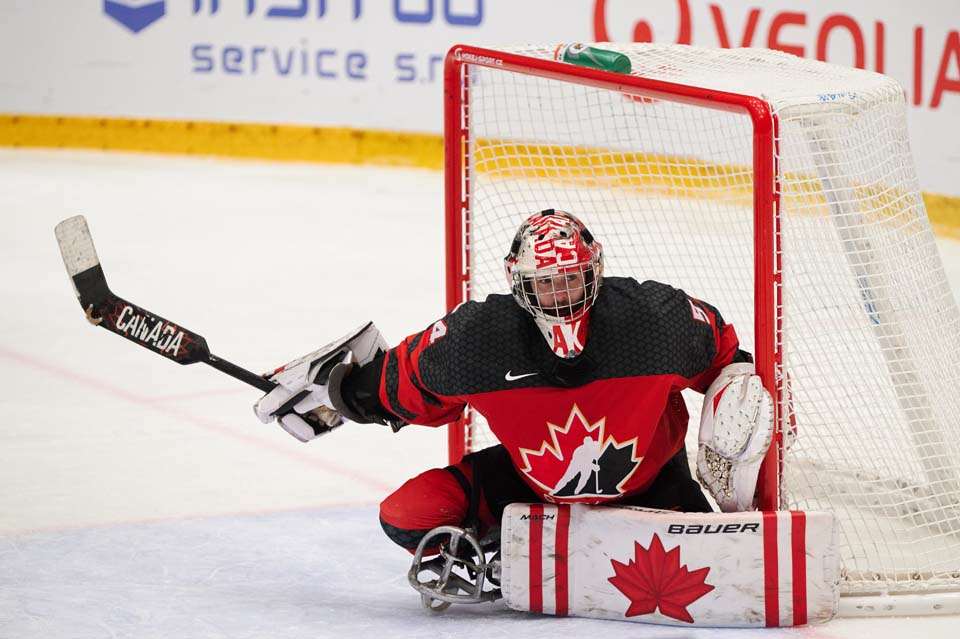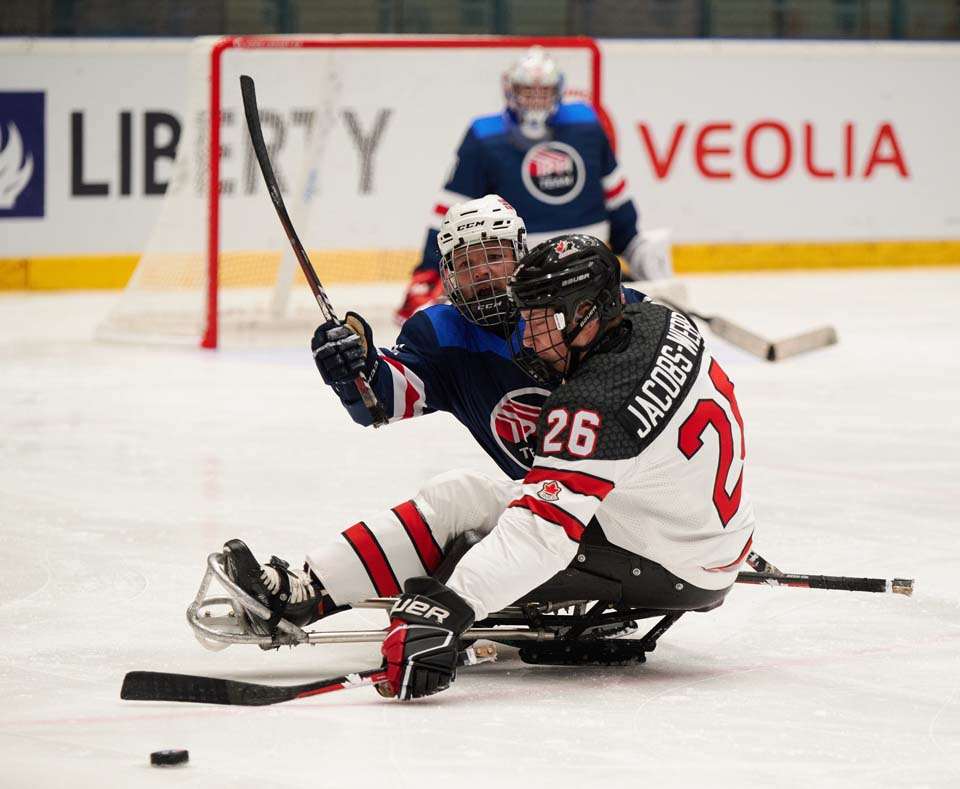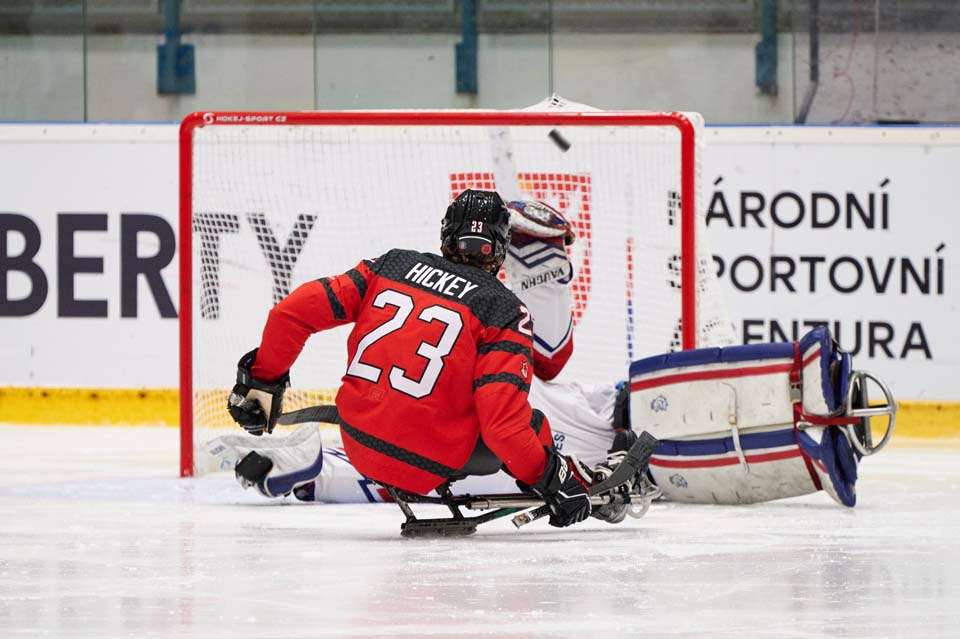History of Para Hockey
The sport of para hockey, an innovative team sport that incorporates the same rules and discipline structure as stand-up hockey, was invented by three Swedish wheelchair athletes on a frozen lake in Stockholm, Sweden, in 1961.
In 1979, Dick Loiselle, a former director of the 1976 Toronto Olympiad, brought back a sled from Europe, given to him by Rolf Johansson, a Paralympic gold medallist in wheelchair track and field and one of the inventors of para hockey.
It was given with the understanding that the Paraplegic Association of Canada (PAC) would initiate a program for para hockey; however, the PAC declined the proposal and the opportunity was given to Jerry Johnston, executive director of the Canadian Association for Disabled Skiing (CADS).
After the CADS also declined, the sled was sent to Jean Lane, Johnston’s sister-in-law. Lane made a presentation to the City of Medicine Hat, Alta., which had allocated $42,000 for persons with disabilities in sport, but had no such programs to use the funds.
With the program presented by Lane fulfilling all necessary criteria, para hockey in Canada was born.
As a result of rapid growth of the sport, Sledge Hockey of Canada (SHOC) was created in 1993 and given the title of a national sport federation by the Government of Canada, to coordinate, develop and promote the sport of para hockey in Canada.
In 1994, para hockey was introduced as a demonstration sport at the Paralympic Winter Games in Lillehammer, Norway. The sport has since become a full medal event at the Paralympics. Canada has participated in para hockey in each Paralympic Winter Games, winning one gold (2006), two silver (1998, 2018) and two bronze (1994, 2014).
In 2004, para hockey came under the umbrella of Hockey Canada.

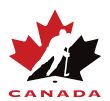
 HOCKEY CANADA
HOCKEY CANADA

